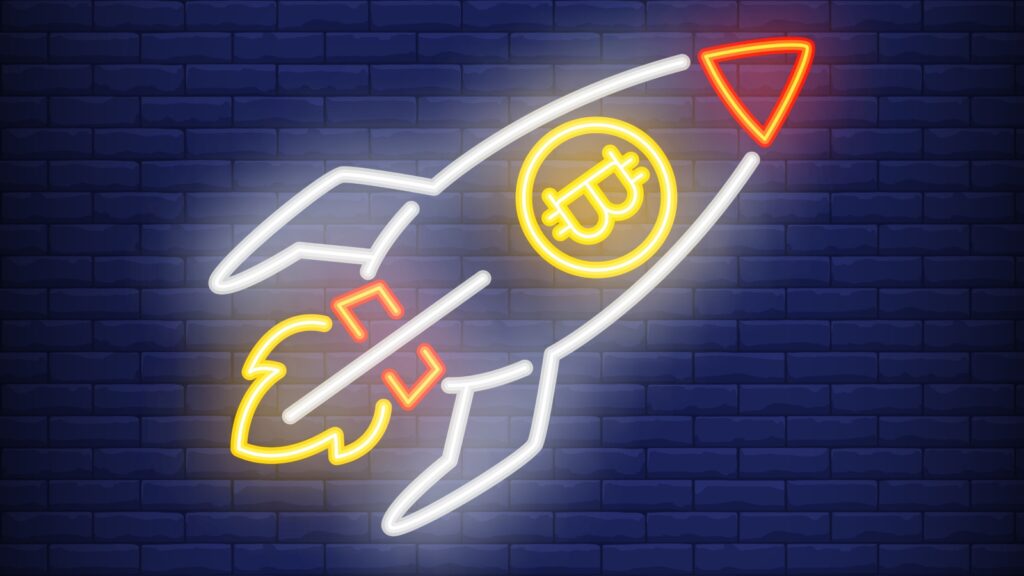The US Securities and Exchange Commission (SEC) has approved the first spot Bitcoin ETFs. 11 of such exchange traded products (ETPs) have been cleared to list, in what the Financial Times has described as a “watershed moment”. The approval comes after a holdout that has lasted almost a decade and a recent legal battle with Grayscale.
Grayscale’s application to covert the Grayscale Bitcoin Trust (GBTC) into an ETP was initially rejected by SEC. The firm successfully challenged SEC’s decision in a federal appeals court, which ruled that the decision was “arbitrary and capricious”, and remanded the case back to the commission. Now, GBTC is one of the 11 spot Bitcoin ETPs that have been cleared to list.
In a statement about the approval, SEC chair Gary Gensler pointed out that Grayscale was just one of more than 20 exchange rule filings for spot bitcoin ETFs that were rejected by the commission between 2018 and March 2023. He attributed the change in SEC’s stance to changed circumstances and the belief that this is “the most sustainable path forward”.
But don’t celebrate
This development might have given the crypto community a surge of optimism, but Gary Gensler is quick to quell any expectations. The move “should in no way signal the commission’s willingness to approve listing standards for crypto asset securities,” he wrote. ”Nor does the approval signal anything about the commission’s views as to the status of other crypto assets under the federal securities laws or about the current state of non-compliance of certain crypto asset market participants with the federal securities laws.”
”Bitcoin is primarily a speculative, volatile asset that’s also used for illicit activity including ransomware, money laundering, sanction evasion, and terrorist financing,” he warned. “While we approved the listing and trading of certain spot Bitcoin ETP shares today, we did not approve or endorse Bitcoin. Investors should remain cautious about the myriad risks associated with Bitcoin and products whose value is tied to crypto.”












